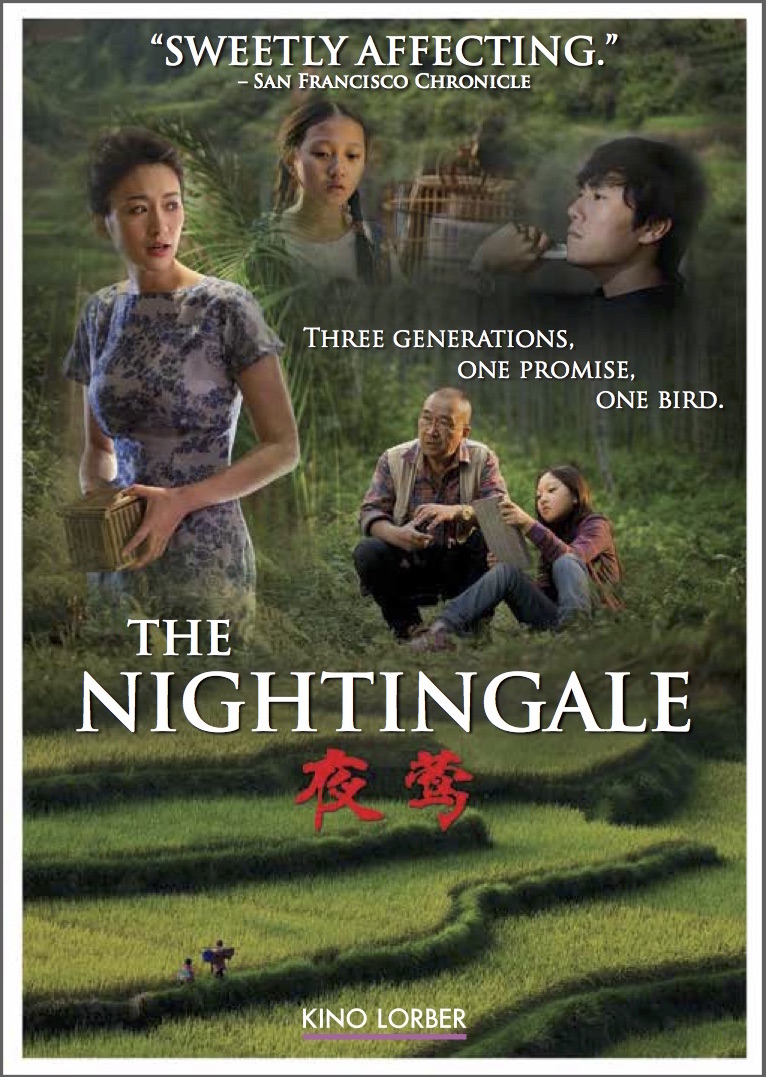

The challenging, defiant way Beth speaks to Billy helps us understand how her resentment is reaching a boiling point, and Rhys’s reactive performance is like Philip Jennings from “The Americans” dialed up to 11. Who will Beth choose: the man who sort of raised her, or the man who says he wants to save her? “Death and Nightingales” spends a serviceable amount of time developing Beth and Billy’s relationship with flashbacks to her childhood, during which Billy vacillated between barely tolerating her and treating her terribly, and through conversations with Mercy, who knows that something isn’t quite right with how Billy treats Beth. “Killing’s a small thing,” Liam says to Beth, and Dornan says that line with enough gentleness that it almost sounds like mercy, rather than the threat it actually is. As a supporter of Irish independence, he thinks men like Billy, gentry representatives of the Crown, should all be wiped out, and their land and money reclaimed for the Irish natives.

When he invites her over for tea in his cabin, in which hang a portrait of Jesus and an imagining of a group of devils, Liam wisecracks to Beth of that painting, “Longtail lads look to be more fun.” He’s Catholic, like Beth, and he hates Billy, like Beth. It’s a grueling, terrible life of tedium and fear for Beth, until a potential white knight arrives: the incredibly handsome Liam Ward (Dornan), a tenant on Billy’s land who works at the quarry. If she wants to stay, she has to earn her place. Why should Billy hire another person when Beth is there? It’s not like she’s his biological daughter. While he gets blackout drunk nearly every night (and some days), she tends to their cows and other animals, she cleans and helps cook, she churns butter and helps her maid Mercy (Charlene McKenna), one of the estate’s few workers. She hates how Billy abused her Catholic, Irish mother ( Valene Kane) before her death she hates how Billy has transformed her into a workhorse by looming her potential inheritance over her head. And while he tells Beth that he loves her, some of the ways in which Billy acts upon that love are not how a stepfather should behave with his daughter.īeth, for her part, loathes Billy Skelly radiates that hatred through her aggressive body language, all unblinking stares, set jaw, and raised chin. Billy seems to hate this place, but it’s also sustained his wealth, which has made him stingy, demanding, and cruel. Since then, Billy’s family has served as landlords for the land around Clonuala, and he also owns the local rock quarry, from which practically everyone in the area-including Roman Catholic Bishop Jimmy Donnelly (Seán McGinley), on the other side of the religious divide as Billy-has to buy their stone.

Three hundred years and six generations ago, Billy’s Protestant, British family helped invade and colonize Ireland, and used fur pelts stolen from the French to secure their fortune in gold. Set in County Fermanagh, Northern Ireland, over the course of one July day in 1885, “Death and Nightingales” is told from the perspective of 23-year-old Beth Winters (Skelly), stepdaughter to Billy Winters (Rhys), owner of the Clonuala estate where they both live. “Death and Nightingales” ultimately underserves them, though, with a narrative you can guess at within the first 30 minutes of “Episode 1,” and with only few cinematographic or editing flourishes to complement this fairly conventional story. Skelly is surprisingly hard-edged, Rhys is a fantastic yeller, and Dornan is quite pretty when he broods.

But a few of these character turns are so predictable that certain reveals lack impact, and various scenes have dialogue so superfluously flowery and overwritten that the performers dive headfirst into inorganic theatricality. Kudos to Cubitt for not stretching this story past its natural point-three episodes feels just right-and for casting a mostly strong trio in Ann Skelly (of “The Nevers”), Matthew Rhys, and Jamie Dornan.
#THE NIGHTINGALE CAST SERIES#
Writer and director Allan Cubitt follows pretty much all of McCabe’s novel’s beats in this three-part limited series (premiering on Starz on May 16), crafting a story about secrecy and betrayal, colonialism and nationalism, and patriarchy and oppression in 19th century Ireland. Take that ornithological observation and apply it to humanity, and you have the incredibly bleak perspective of “Death and Nightingales,” the miniseries adaptation of Eugene McCabe’s acclaimed novel.


 0 kommentar(er)
0 kommentar(er)
